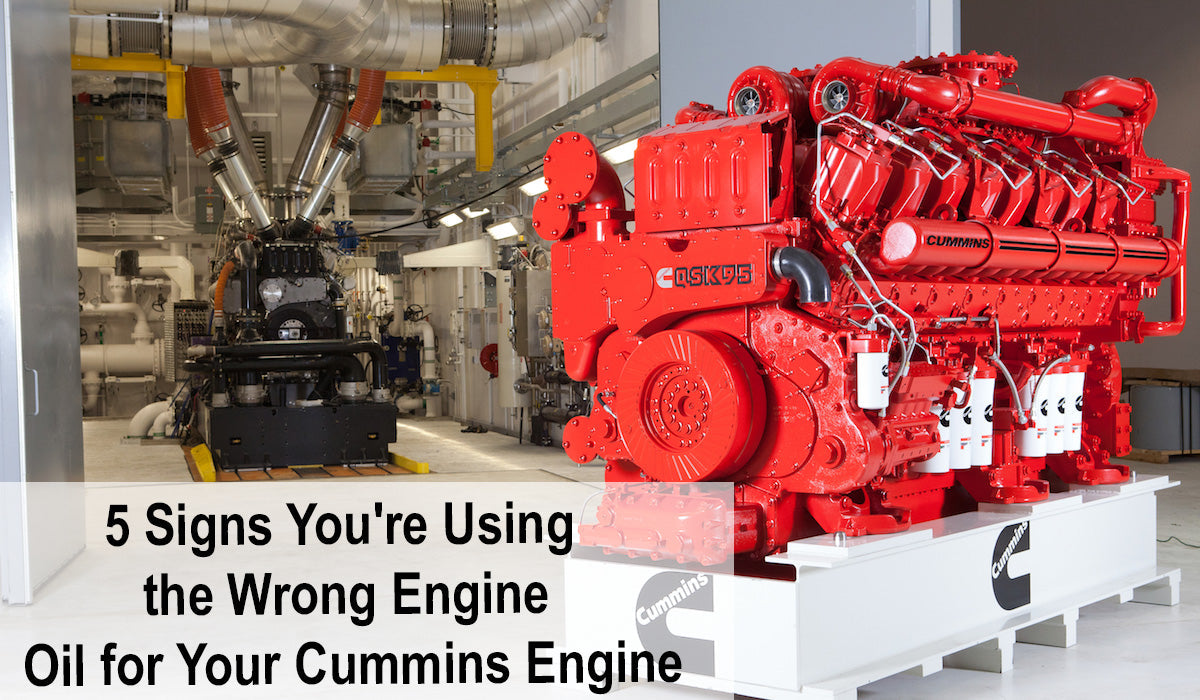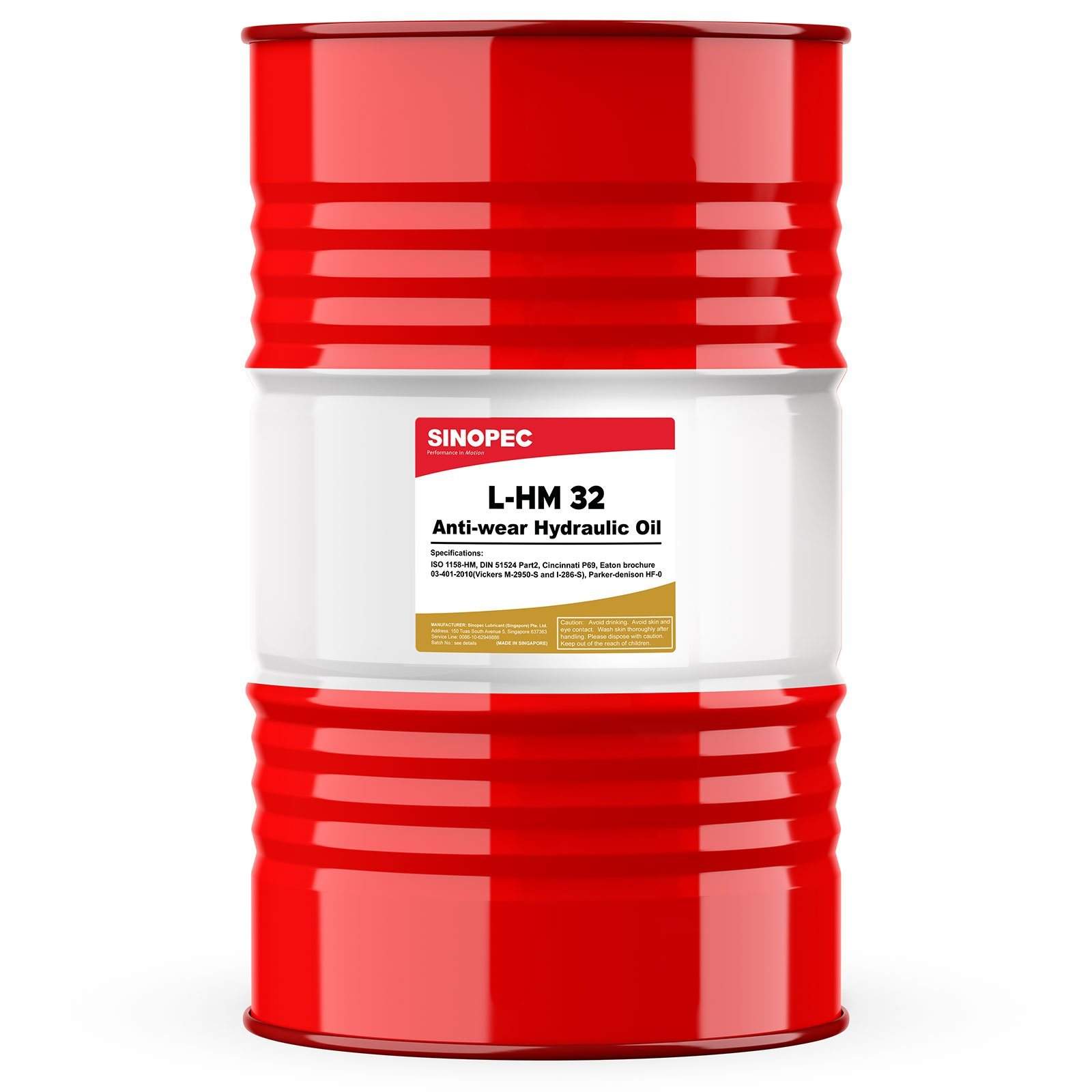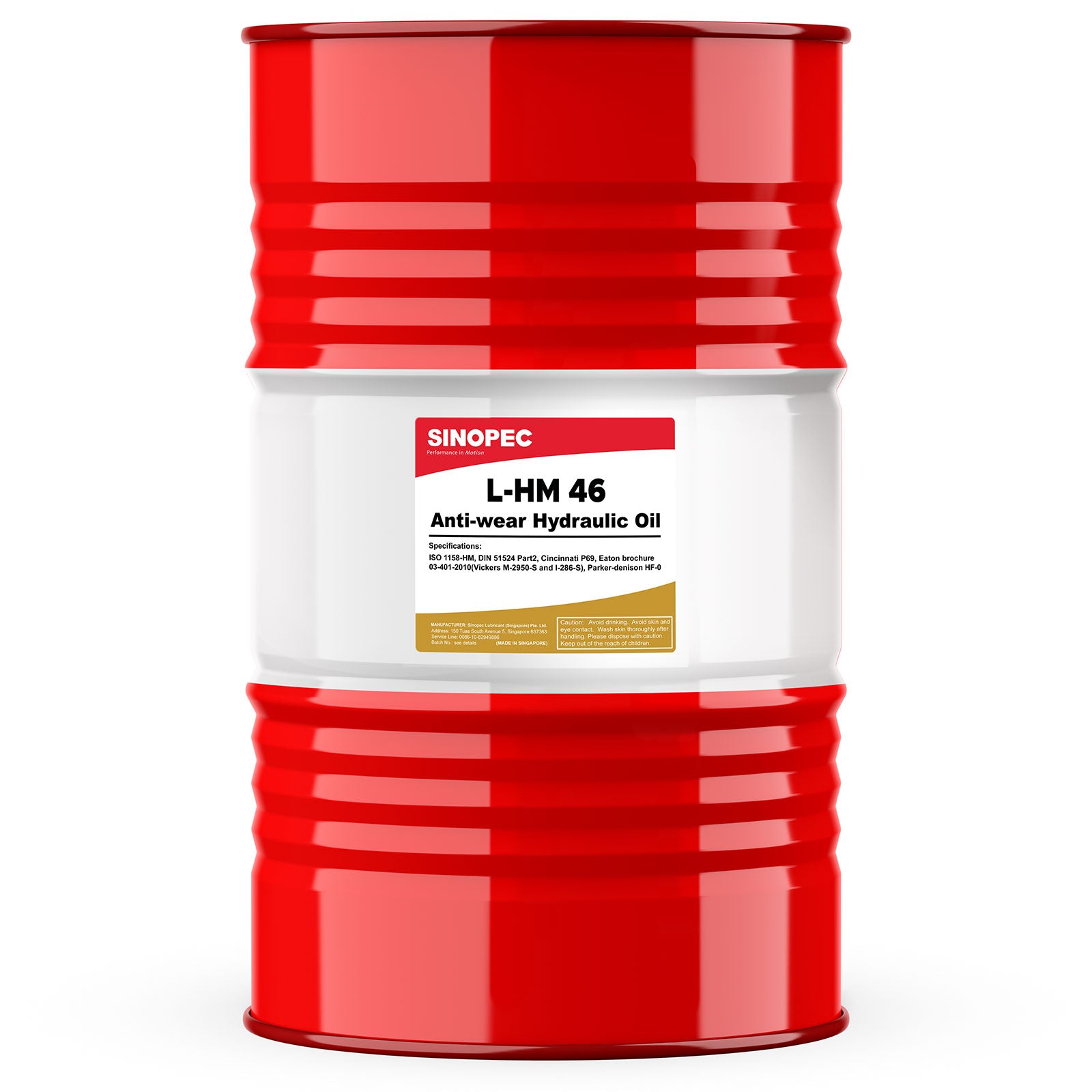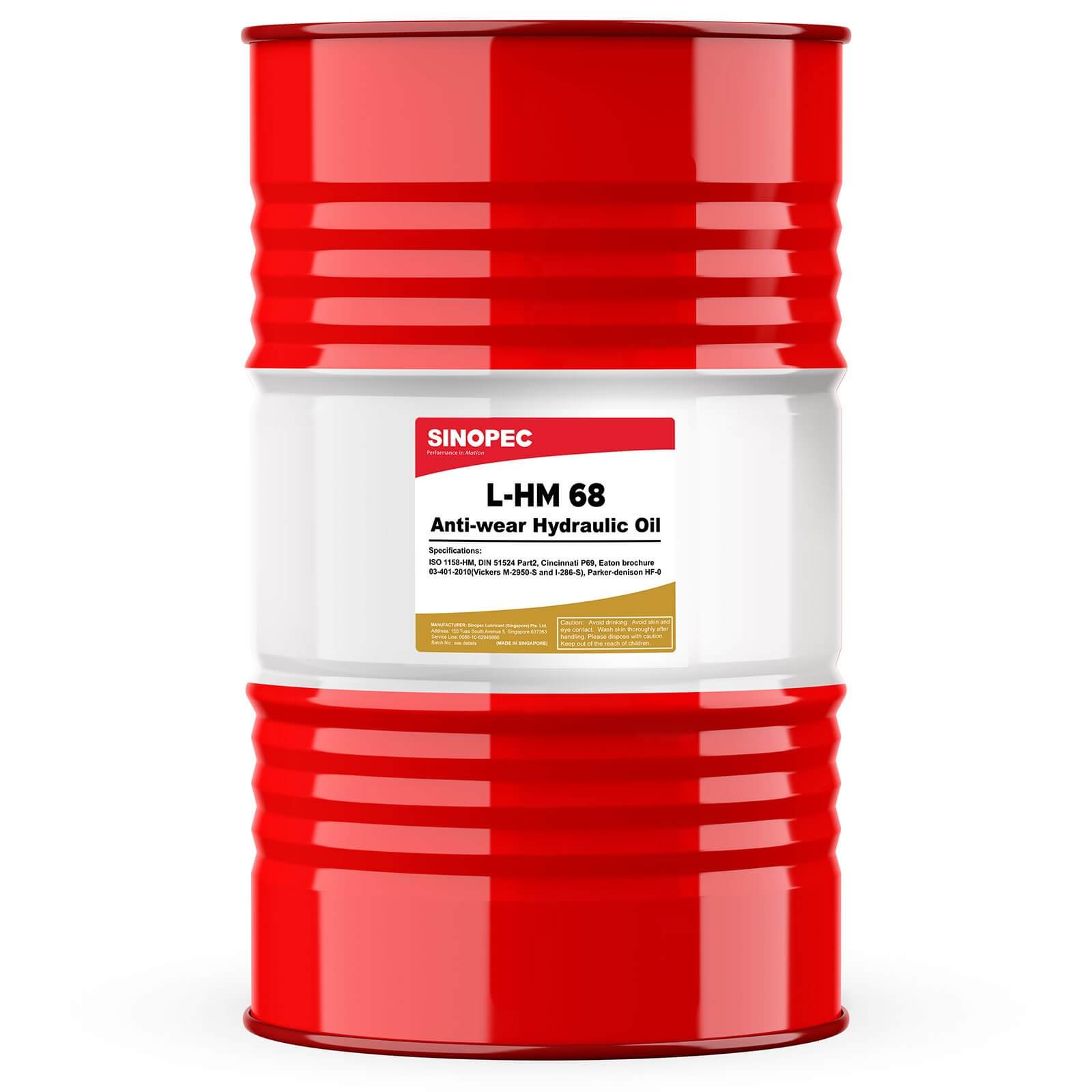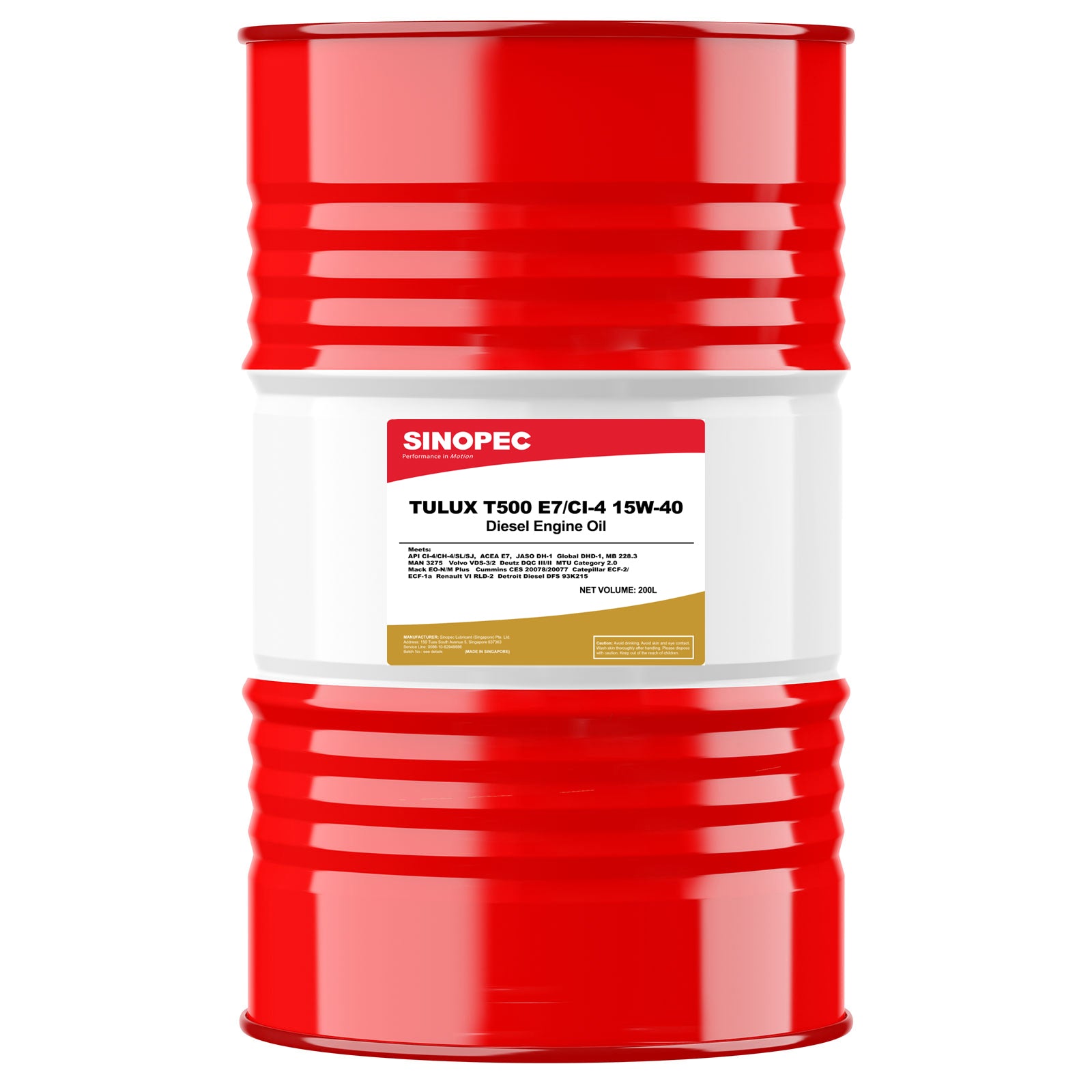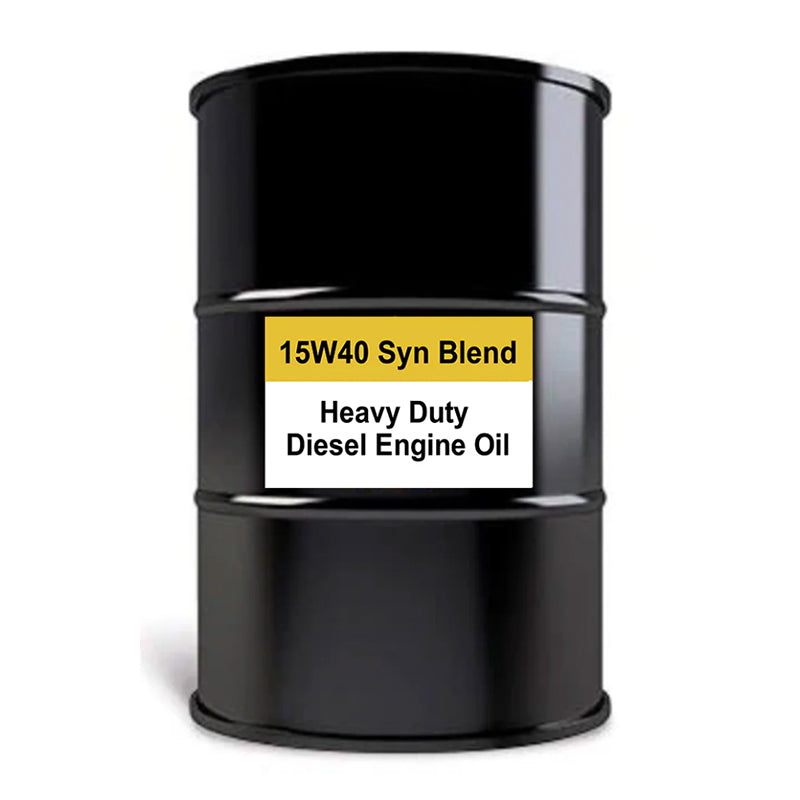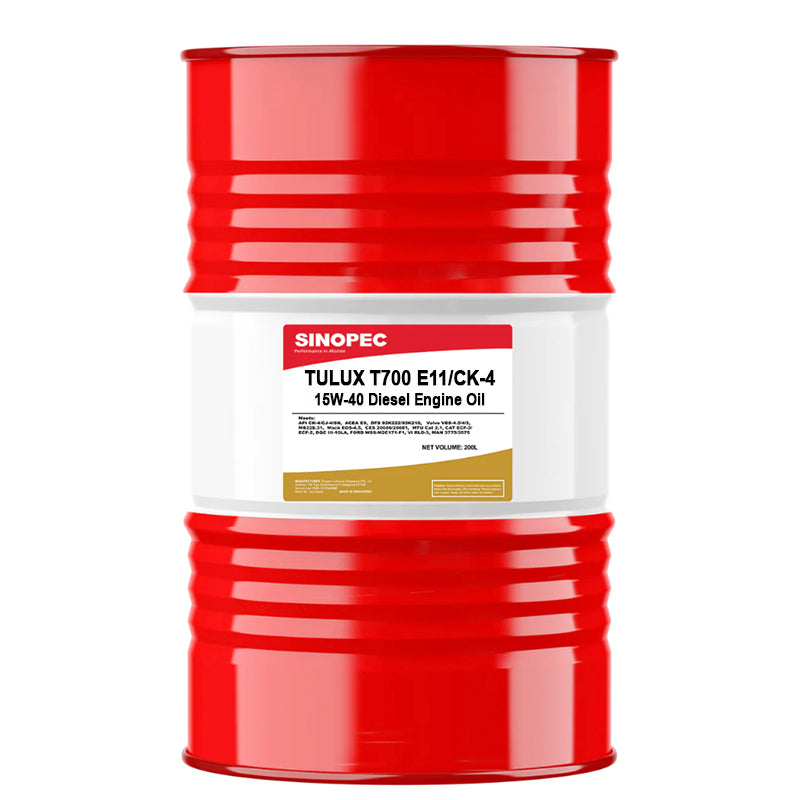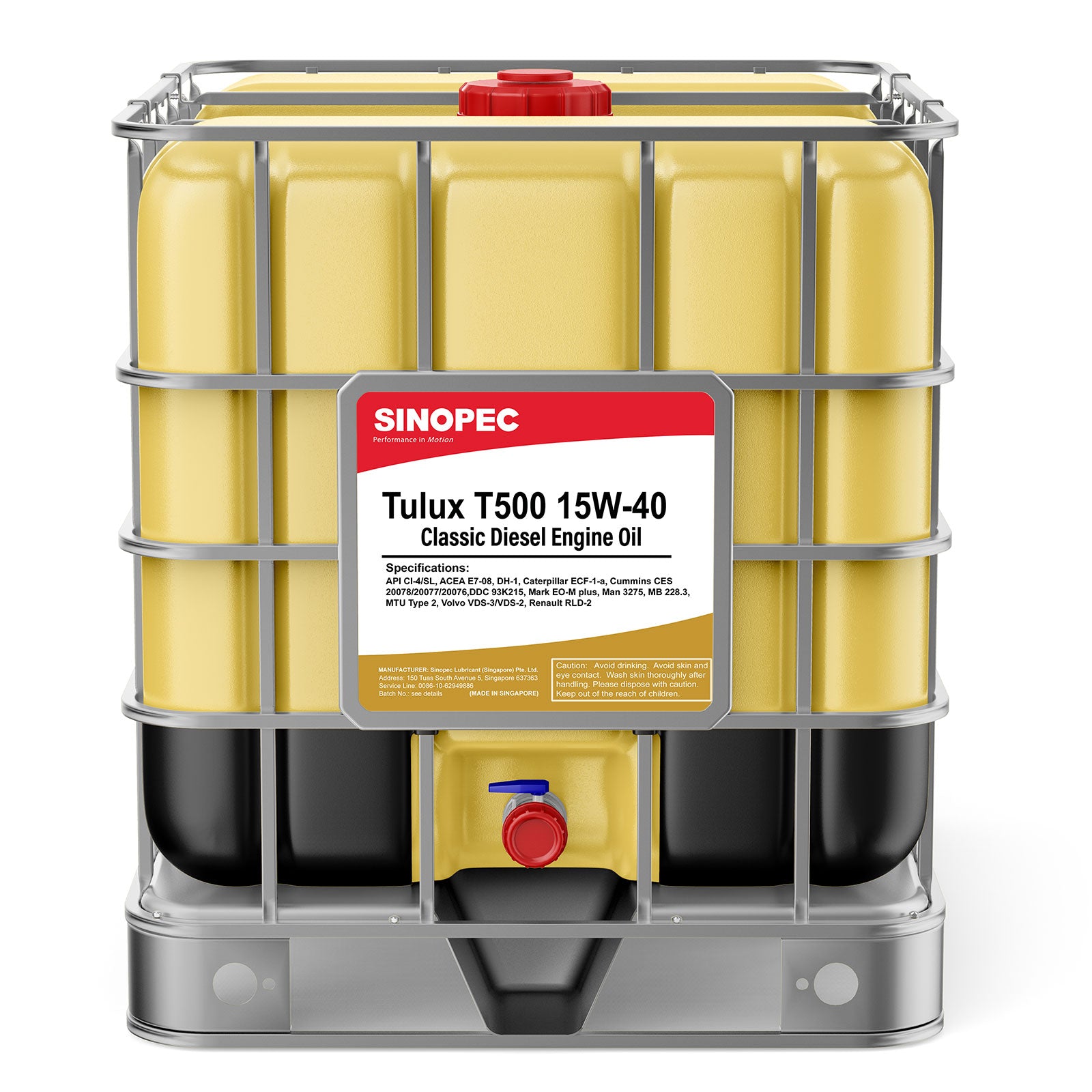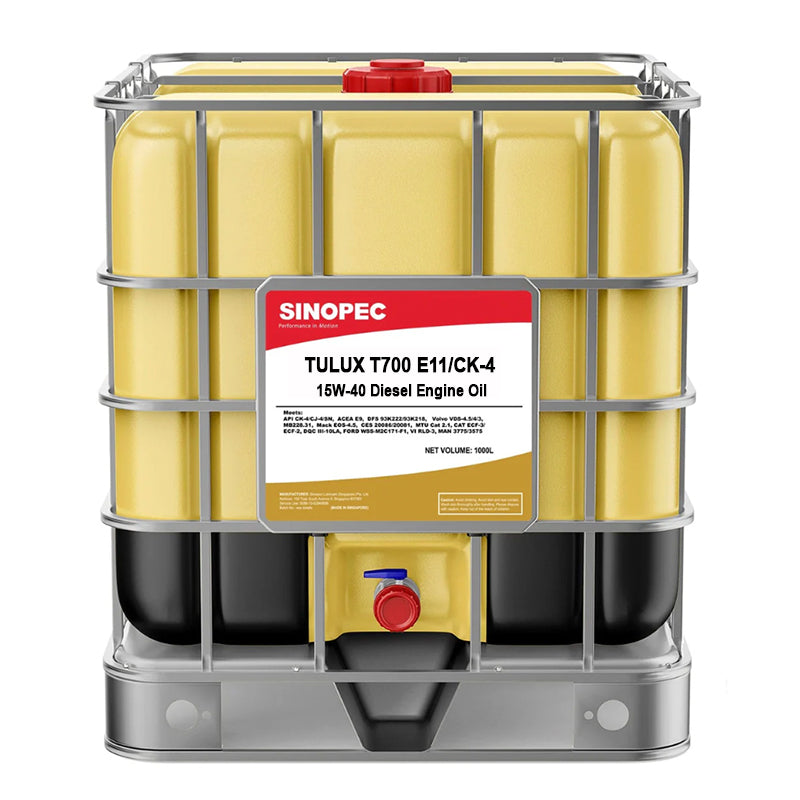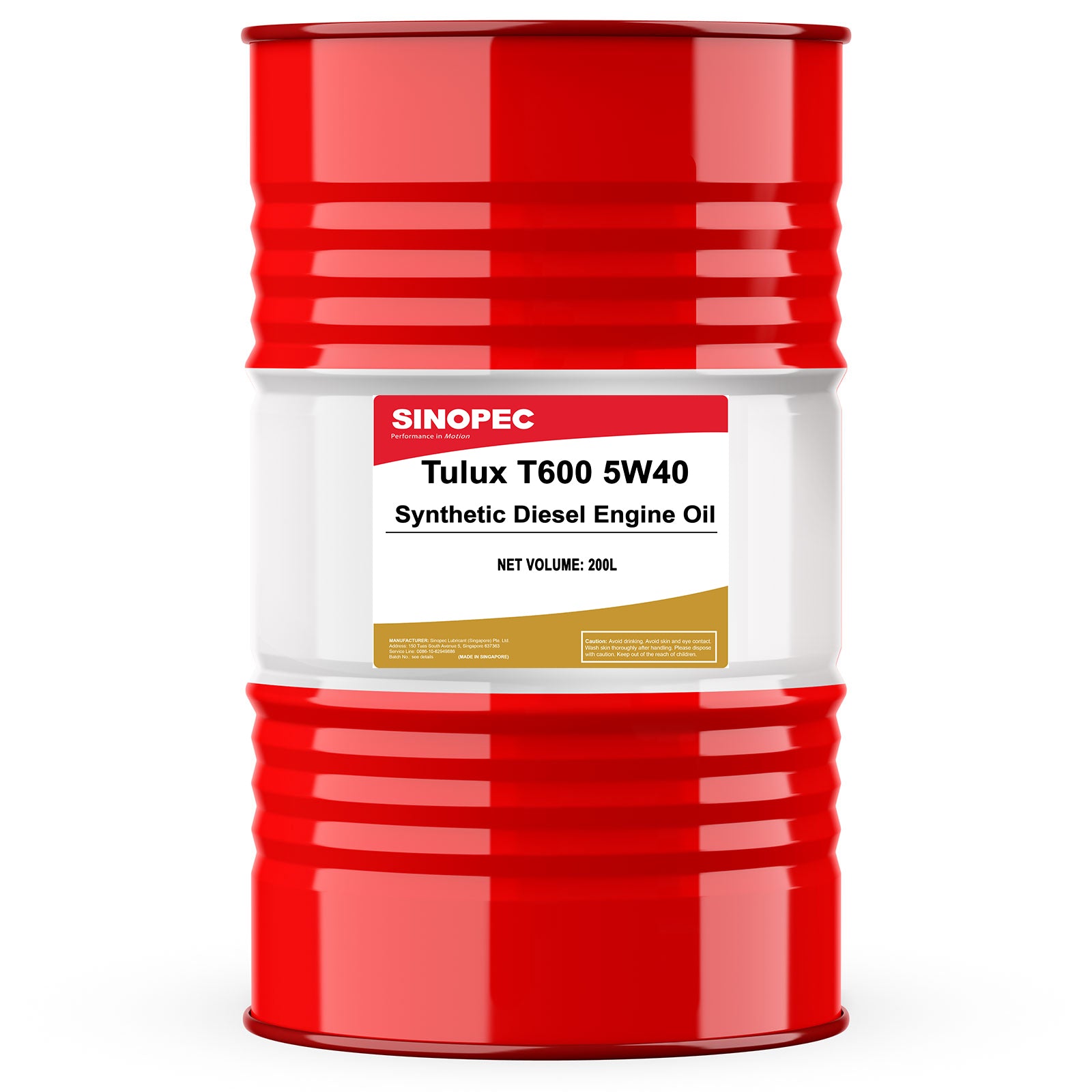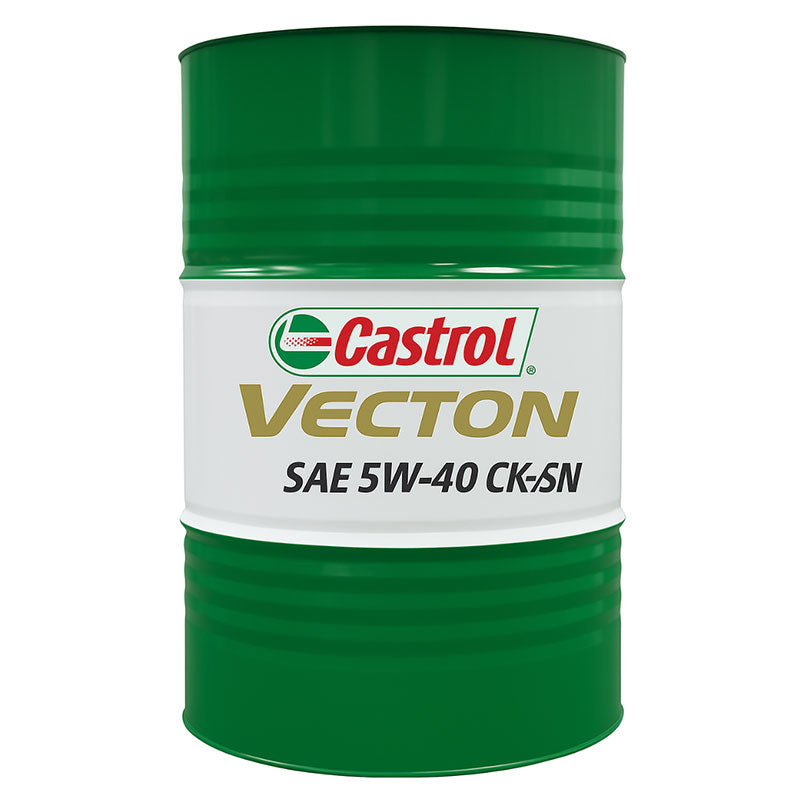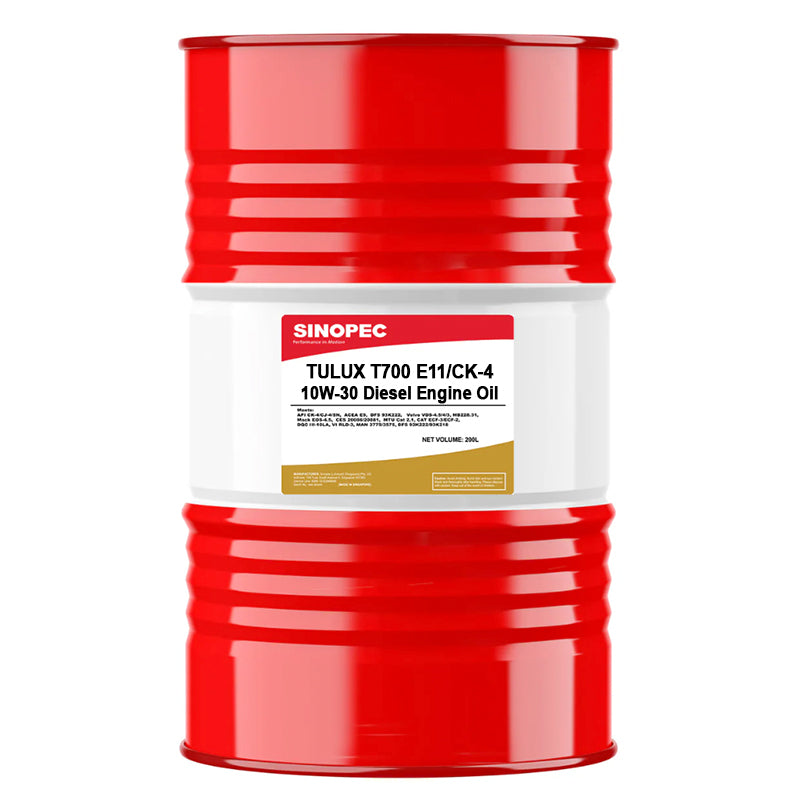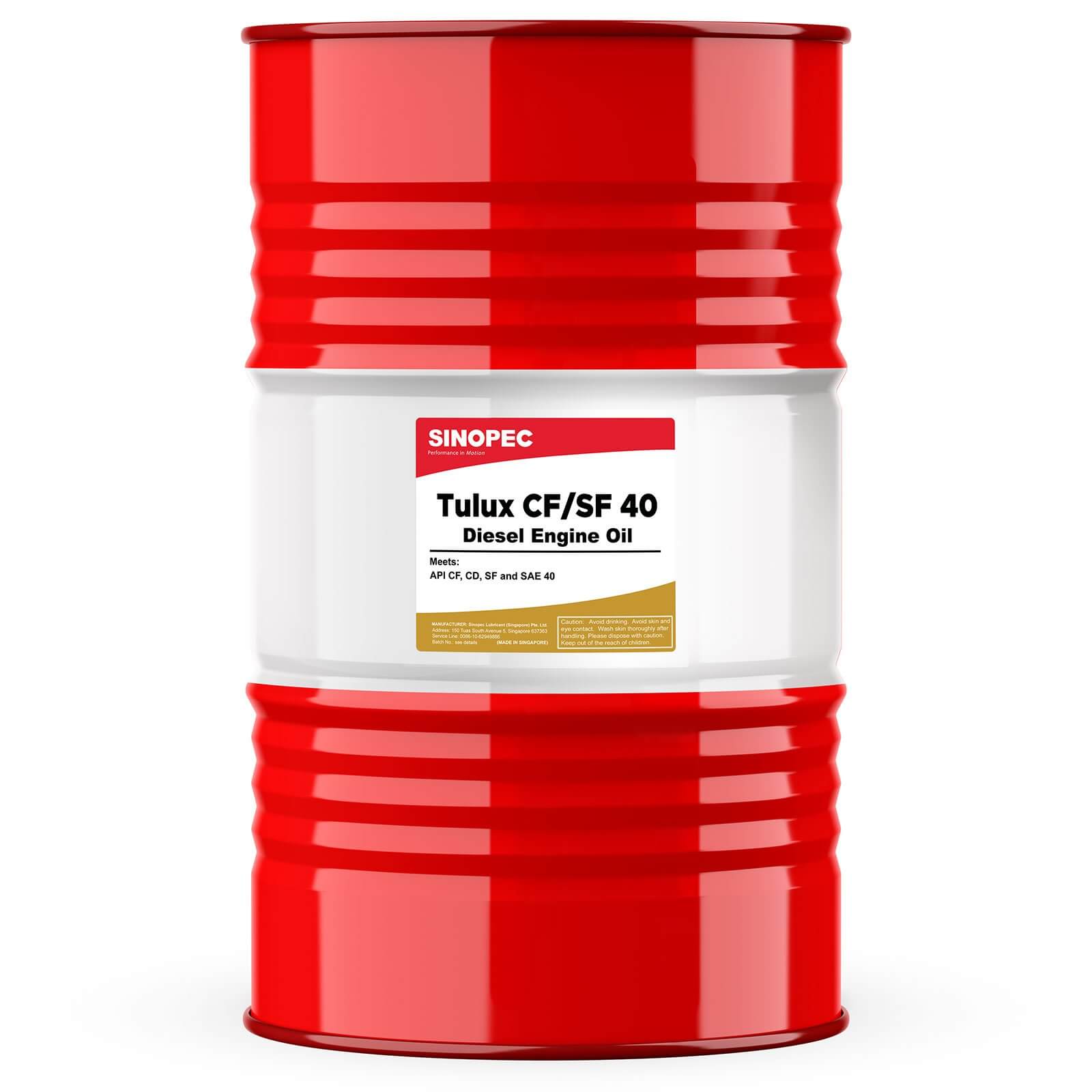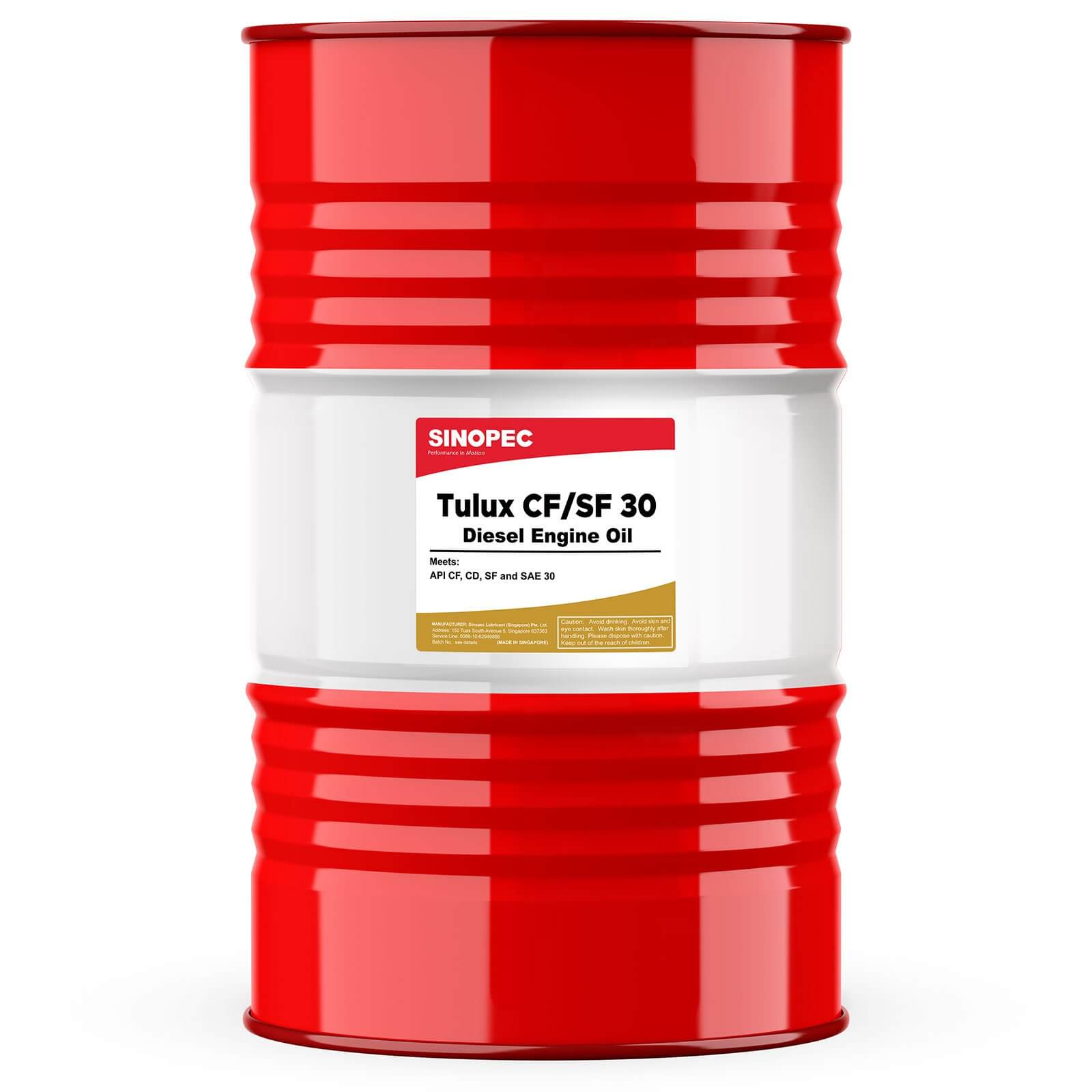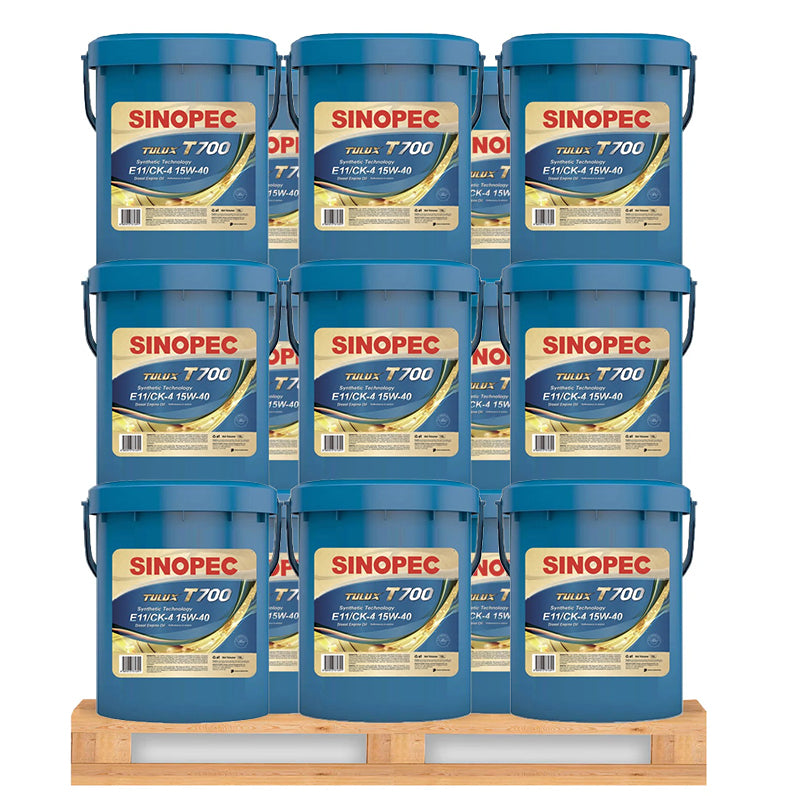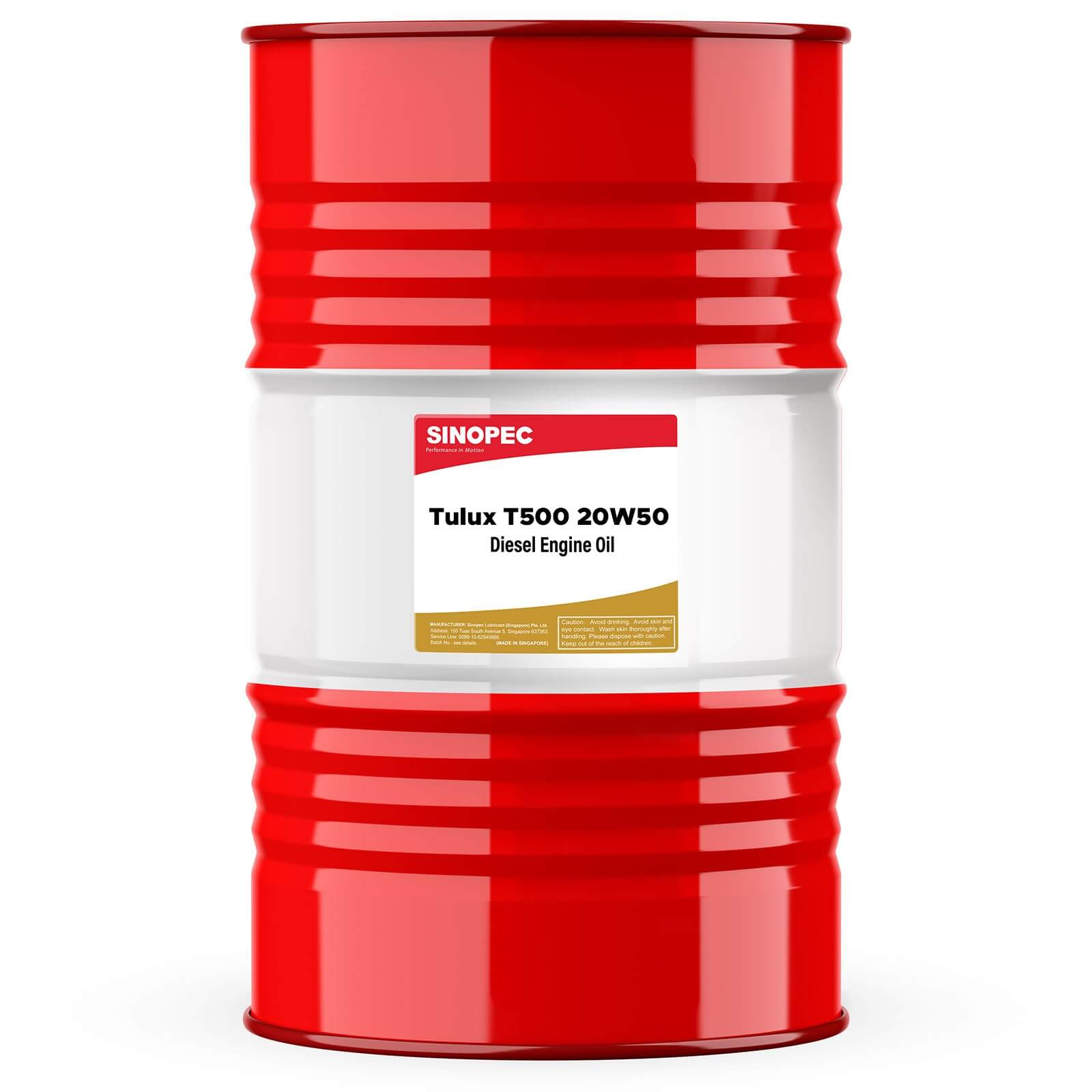Engine oil is the lifeblood of your Cummins engine, and using the wrong oil can cause significant issues, leading to poor performance, increased wear, and even engine failure. Identifying the signs of using the wrong engine oil early can save you from costly repairs and ensure your engine runs at peak performance. In this article, we’ll explore the top five signs that indicate you might be using the wrong engine oil for your Cummins engine.
1. Engine Overheating: If your engine is running hotter than usual, it could be a sign that the oil you’re using isn’t providing the necessary cooling. Engine oil plays a critical role in heat dissipation, and using the wrong viscosity or formulation can impair this function. Whether the oil is too thin or too thick, it can cause excessive friction, leading to overheating.
What You Can Do?
Ensure that you’re using the correct oil grade as specified by Cummins for your engine model. For natural gas engines, oils designed to handle the demands of high temperatures and pressure, such as SAE 40, are often recommended.
2. Poor Engine Performance Another clear sign that you’re using the wrong engine oil is a noticeable decrease in engine performance. You might experience sluggish acceleration, reduced power, or unusual engine behavior. The wrong oil can affect engine efficiency by failing to provide proper lubrication, resulting in friction and poor combustion.
What You Can Do?
Check the specifications for the oil recommended by Cummins for your engine. Be sure the oil meets the required API classifications and the correct viscosity grade to maintain optimal engine performance.
3. Excessive Engine Noise :If your engine is making unusual noises—such as knocking or grinding sounds—it could be a sign of inadequate lubrication. The wrong oil may not provide the necessary protection against friction, causing increased wear on engine parts, which leads to loud or abnormal engine noises.
What You Can Do?
Switch to a high-quality oil designed for Cummins engines. Oils formulated for specific engine types, including natural gas engines, contain additives that help reduce wear and prevent noise caused by poor lubrication.
4. Increased Oil Consumption If you find yourself needing to top off your oil more often than usual, this could be a sign that the oil you’re using is not performing as it should. Incorrect oil can break down more quickly, causing it to burn off faster than expected, leading to increased consumption and more frequent oil changes.
What You Can Do?
Choose an oil with excellent oxidation stability and a formulation that matches the needs of your Cummins engine. Oils with low sulfated ash content, such as those designed for natural gas engines, are less likely to break down quickly and reduce consumption.
5. Engine Deposits or Sludge: Using the wrong engine oil can lead to the formation of sludge or deposits inside the engine. These deposits occur when the oil fails to maintain proper viscosity and cannot properly suspend dirt, soot, and other contaminants. Over time, this can lead to clogging, poor engine function, and even engine damage.
What You Can Do?
Choose oils with high detergency properties and those formulated to prevent deposits and sludge. High-quality oils help keep your engine clean by preventing the buildup of harmful carbon, soot, and other contaminants.
The health of your Cummins engine depends on using the right engine oil. If you notice any of the signs mentioned above, it might be time to check your oil and ensure it meets the specifications recommended for your engine. Choosing the correct oil will not only help improve engine performance but also extend the life of your engine and reduce maintenance costs.
For high-performance, long-lasting protection for your Cummins engine, check out our stationary engine oil designed to meet the needs of natural gas engines. Click here to explore our product and ensure your engine stays in top condition.

